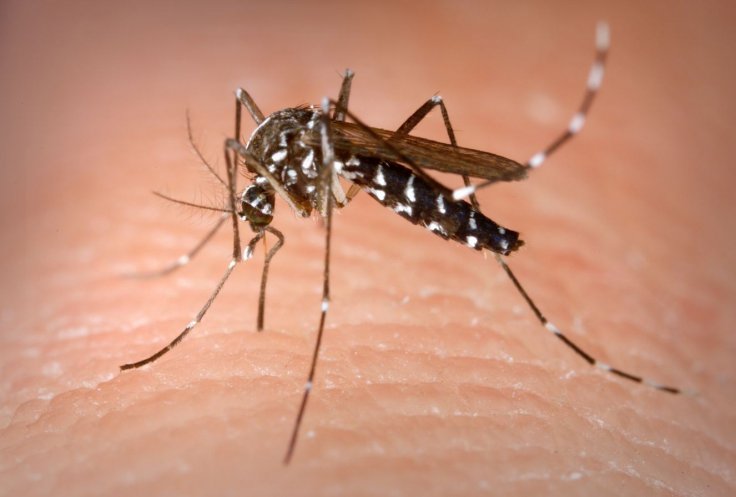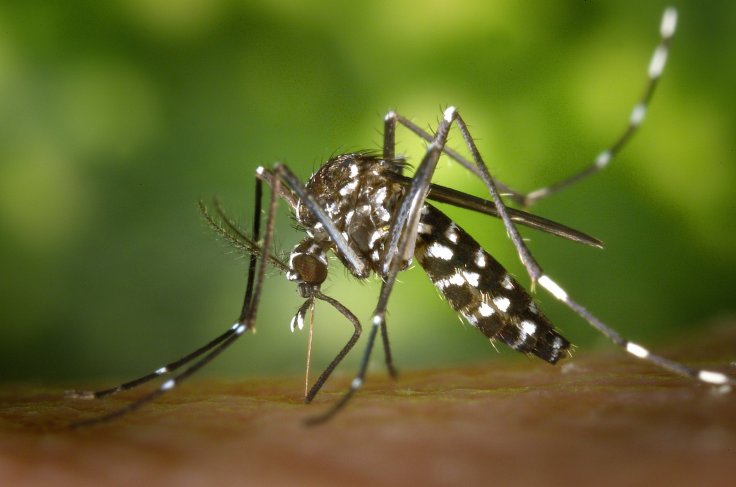A biotech company has received the necessary permit to release a swarm of genetically engineered mosquitoes in the U.S. The genetic traits of the insects were altered in laboratories as an attempt to curb the population of disease-carrying mosquitoes.
The mosquitoes were bred inside the laboratories of Oxitec, a British biotech firm. The company mainly focuses on transgenically modifying mosquitoes to carry lethal genes designed to be passed onto their offspring.

Releasing Genetically Modified Mosquitoes
The goal of Oxitec's experiment is to dramatically reduce the number of disease-carrying mosquitoes through their genetically modified subjects. On May 1, the U.S. Environmental Protection Agency (EPA) provided Oxitec with the permit to conduct a field test of its genetically engineered mosquitoes in the U.S. As indicated in the permit, Oxitec may conduct its field test in various areas in Florida this summer.
Before Oxitec can release the swarm of altered mosquitoes, the permit granted by the EPA must first receive the approval of the Florida Department of Agriculture and Consumer Services and the Florida Keys Mosquito Control District (FKMCD). "The Florida Keys and South Florida have seen an emergence of mosquito-borne diseases over the past decade, in which this technology, as well as other similar technologies, has the potential to assist in the control of these mosquitoes," the FKMCD said in a statement.

Failed Experiment With Mutant Mosquitoes
Oxitec has been carrying out field tests with its mosquitoes for a couple of years now. However, due to its use of genetically altered insects, the company's experiments have been deemed controversial by scientists. Last year, a team of scientists released a study indicating that Oxitec's field test might have backfired. For the study, the scientists focused on an experiment conducted by the company for two years in Brazil, which involved releasing about 450,000 genetically altered mosquitoes.
According to scientists, the lethal genes of the altered mosquitoes were not transferred to their offspring. Aside from not dying, the scientists noted that the new generation of mosquitoes developed traits that were similar to the transgenic insects. "The claim as that genes from the release strain would not get into the general population because offspring would die," Jeffrey Powell, the lead author of the study, said in a statement. "That obviously was not what happened."









